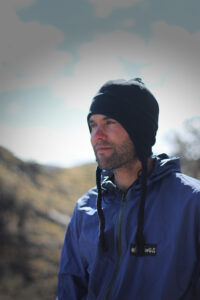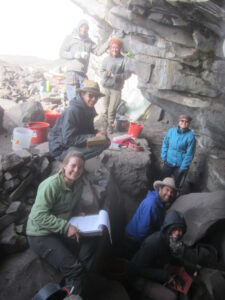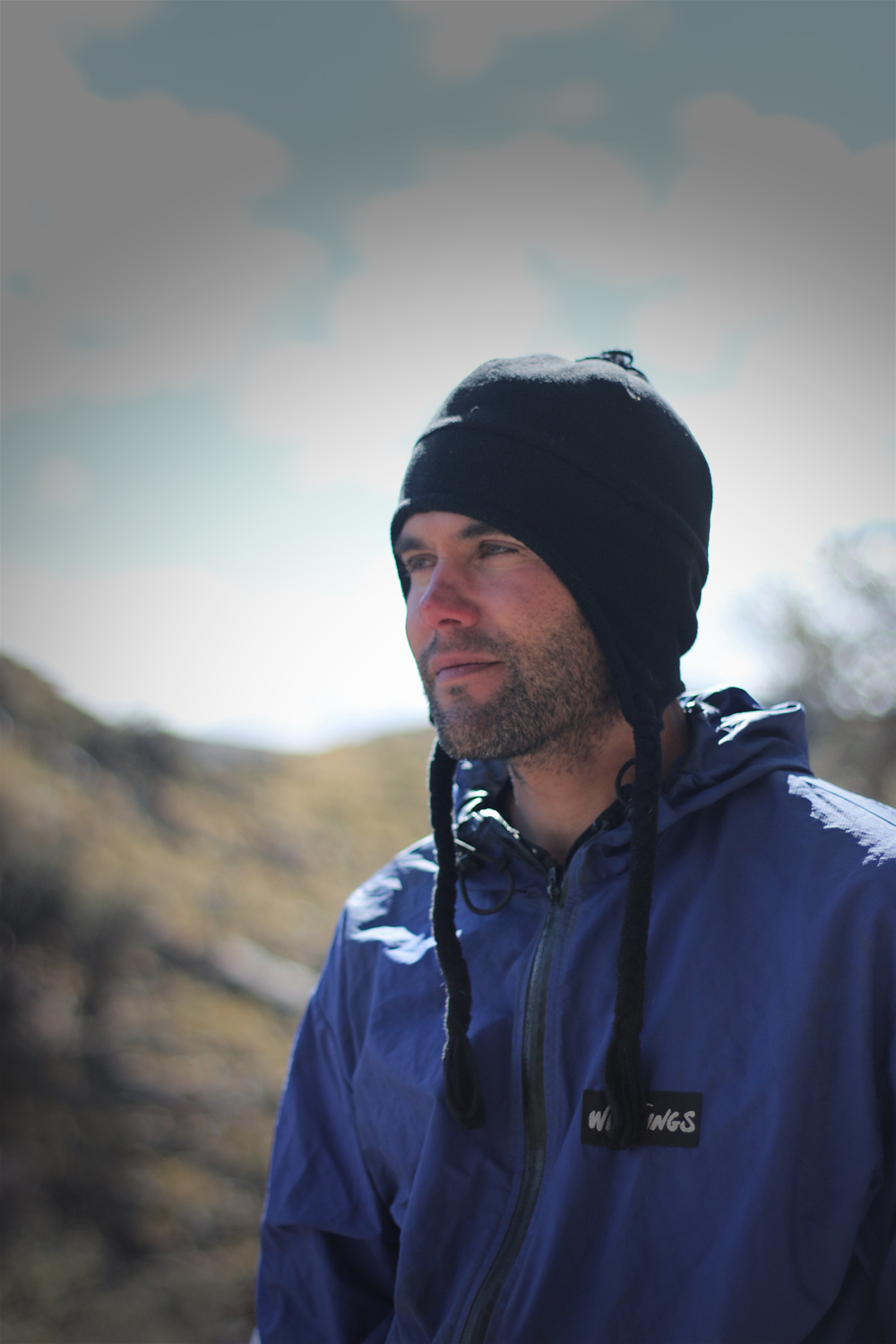
Dr. Kurt Rademaker started with MSU Anthropology in Fall of 2018. His research focuses on human biogeographic expansion into the Andes mountains and adds to our understanding of the timing and routes of initial human settlement of the Americas and the role of ecological variability in driving human adaptations and in understanding the relationships between humans and their environments. Learning about the human past is essential for understanding the history and evolution of the environments we inhabit.
Dr. Rademaker’s current projects include excavations of archaeological sites from the Pacific Coast to the high Andes, as well as surveys in remote, unexplored areas to discover new sites. Archaeological sites indicate that people were connected over large areas, his research seeks to understand when and how those connections formed, how they functioned and were sustained over time. His work collaborates with physical anthropologists, paleogeneticists and earth scientists to study what past environments were like and how these have changed over time. It is thrilling to think about the first groups of people moving into new and uninhabited continents.
Kurt’s team has discovered that ice age environments in the Andes were not as hostile as people used to think and that early Americans could settle these high mountain environments at the end of the last ice age. His work has been featured in popular media outlets such as National Geographic, the BBC, the Wall Street Journal, the New York Times, the Smithsonian, Sapiens, and many others. He feels it is important to share these discoveries with the global public. His work examines long-term Andean environmental change and its impact on past humans. He hopes what he learns will prove useful for current and future Andean people as they cope with climatic change.

Currently, Dr. Rademaker is expanding beyond southern Peru to build transects of archaeological sites and paleoenvironmental records along the Andes. This work will allow them to explore variability in environmental change and human adaptive patterns. He is excited to be a part of a strong Anthropology department with excellent, supportive faculty and a vibrant community of graduate and undergraduate students. One of his favorite things about his work is that every day has the potential of discovering something new that no one has ever learned before. This is true both in the field and the lab.
Dr. Rademaker became interested in anthropology when he took an intro class as an undergraduate student at the University of Kentucky. By the time he took his second class, Introduction to Archaeology, he was hooked. That initial interest just deepened with time, after a field school and working in cultural resource management, leading him to pursue his PhD from the University of Maine in 2012. Outside of his work, Kurt loves exploring the outdoors with his wife Erica and their dog Cowboy and are glad to live in a state with lots of nature and opportunities for canoeing, hiking, camping. In the Andes and elsewhere he loves climbing high mountains and some of his other hobbies include motorcycles and gardening.
Kurt has two new publications in preparation on the site formation of Cuncaicha rockshelter and the digital cranial reconstruction of a 9000-year-old Andean highlander referred to as the Lady of Cuncaicha. We welcome Dr. Rademaker and look forward to more exciting research. For more information about his work, check out his working group’s website: www.paleoandes.com
To read the full newsletter, click here.
